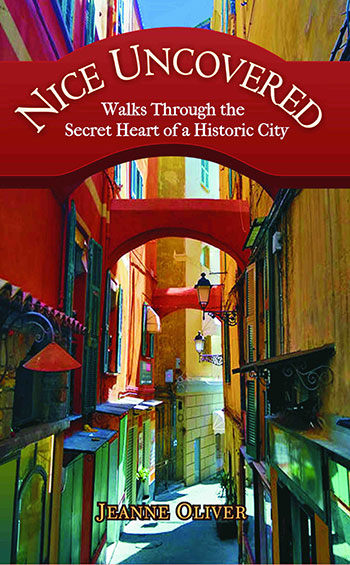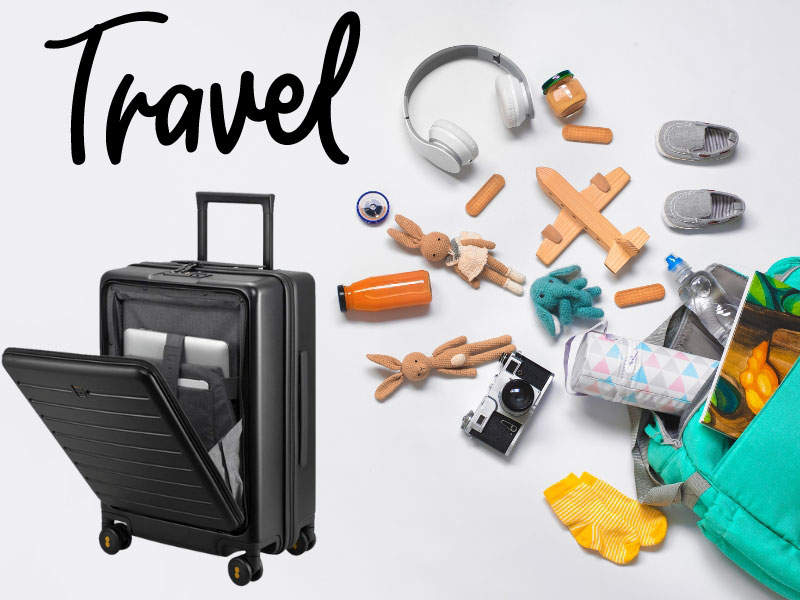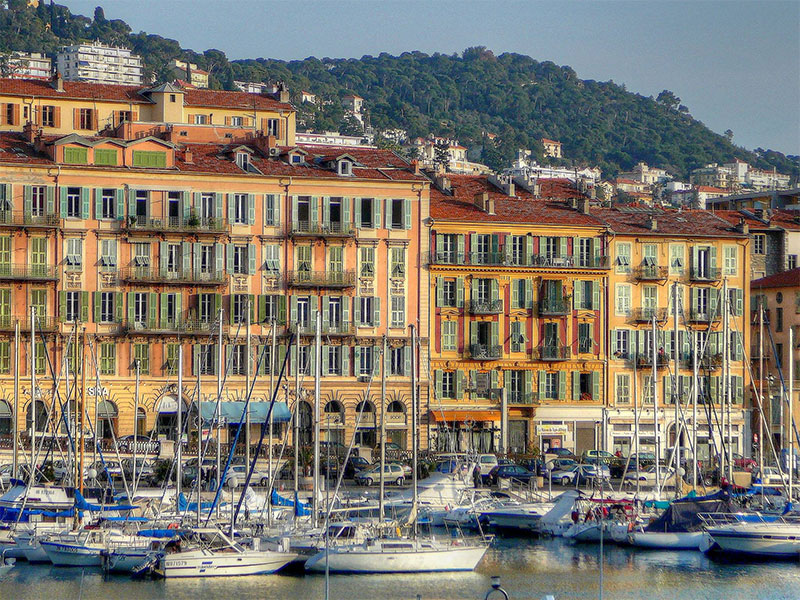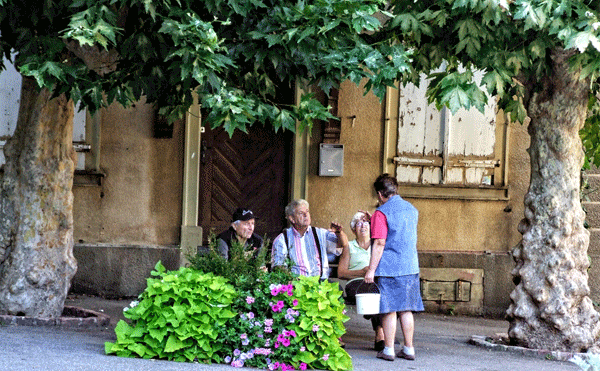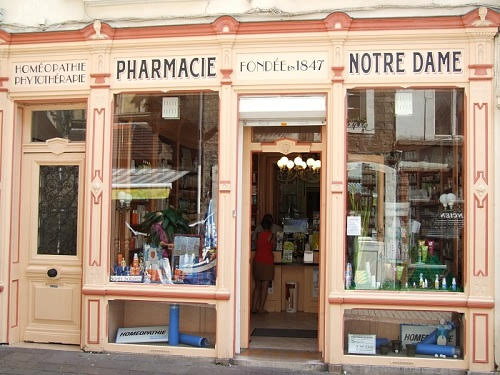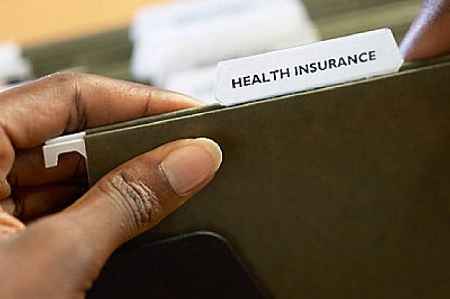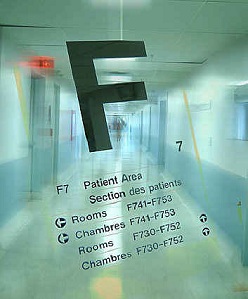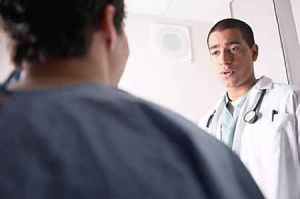 Healthcare in France is generally acknowledged to be amongst the best services in the world. We talk to Sue Hall a British expat in France about her experience of healthcare in France after testing positive for the BRCA2 Breast Cancer gene.
Healthcare in France is generally acknowledged to be amongst the best services in the world. We talk to Sue Hall a British expat in France about her experience of healthcare in France after testing positive for the BRCA2 Breast Cancer gene.
Sue is from Kent in the south of England where she worked in education and the Probation Service before retiring. She and her husband Bob, an ex-Police officer moved to Pas de Calais in 2006. The couple had visited the area often and fell in love with the pace of life, the beautiful countryside and the house which they rented for holidays. When the owners decided to sell Sue and Bob leaped at the chance to buy it and have never looked back.
Sue says that the village where they live is small, “only 200 inhabitants, six of whom are permanent English residents. We have been welcomed into the village and take part in all the activities. Bob has even been “Pere Noel” a couple of times and is on the bureau of one of the village associations.”
Sue has had first-hand experience of the health care system and says it “has been amazing.”
“Because my grandmother had had breast cancer, my mother ovarian cancer, my uncle prostate cancer and two of his daughters, my cousins, also had breast cancer, one of whom died at the age of 46 and the surviving sister had positively tested for BRCA2, I had been having yearly screenings for the last five years and had thought about getting genetically tested previously but had done nothing about it. In October 2010 my lovely French gynaecologist encouraged me to go for genetic testing. In January 2011 I went to the Centre Oscar Lambret at Lille and was seen by the Onco-geneticist, who explained about the testing and my options if I tested positive. I would strongly suggest that if you go for an appointment like this take an interpreter because I got a touch of “white coat syndrome” and found it difficult to understand English, let alone French, thankfully my hubby understood what was said. The blood test was done and I was asked to supply a copy of my cousin’s results to assist with the analysis. I was told at the consultation that my first blood test was positive. I had been expecting it but it still came as a shock. The Onco-geneticist spoke to me very gently about my options again and was very kind.
“I made an appointment to see a gynaecologist at CHAM, Rang du Fliers, regarding the removal of my ovaries and fallopian tubes and bonus, this time, the consultant spoke perfect English. He arranged for me to go in for my op, all went well and I recuperated well. With regard to the risk of breast cancer, I was opting to have yearly MRI’s but then considered the mastectomy and chatted about that with the gynaecologist.
“Well, I made the decision in September 2011 to go ahead with my double mastectomy with immediate reconstruction by expander implants. I went to meet my surgeon, who explained all the pros and cons for having or not having such surgery. He initially stated that it was mutilation of a healthy body but my mind was made up, I could not sit and wait with this time bomb hanging over me. I went into hospital in May 2012 and had the double mastectomy. All of my breast tissue was removed and then expanding implants were put behind my pectoral muscles. All went well – what an amazing team of people they are at Centre Oscar Lambret. Throughout the summer last year I went every fortnight from June to August to have my expanders filled with saline, the surgeon locates the small valve on the implants and then uses a syringe to fill the implants, little by little, until I was at my optimum size. My breasts were then left to settle and the reconstruction operation took place in January 2013, this is done by removing the expander implants and putting the permanent implants in their place. Finally I had my nipples formed and tattooing done under local anaesthetic on 5th July. I have never had a moment of doubt about the decision I made. “
We asked Sue if she had any particular issues – language for instance?
“I did occasionally have problems with the language, particularly when it was a stressful situation, i.e. getting the news that I carried the gene. But overall I have found that I am able to get by with the French language that I have learnt through classes we had in the UK and also we have a weekly class in the village. The staff at the hospitals I have been to have been amazingly patient and very caring.”
Sue adds that she also felt supported by advice from outside France, and for an English language expat this has been extremely helpful.
“Throughout my journey I have been very fortunate to have had the help and advice from the National Hereditary Breast Cancer Helpline, based in the UK and run 24/7 by Wendy Watson. She was the first woman to have preventative surgery because of her family history, 20 years ago. Wendy gives advice about all the options available to women (and men) who carry the BRCA1 or BRCA2 mutant genes and other mutant genes. The helpline also has a Facebook page and I am the admin for the Northern France group.”
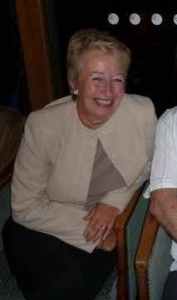 Note: You can find more information on the BRCA 1 and BRCA 2 gene and testing here: http://www.breastcancergenetics.co.uk./ and also http://www.nhs.uk/Livewell/Breastcancer/Pages/Breastcancergenes.aspx
Note: You can find more information on the BRCA 1 and BRCA 2 gene and testing here: http://www.breastcancergenetics.co.uk./ and also http://www.nhs.uk/Livewell/Breastcancer/Pages/Breastcancergenes.aspx
More on expat healthcare in France
More on Doctors and Hospitals in France

